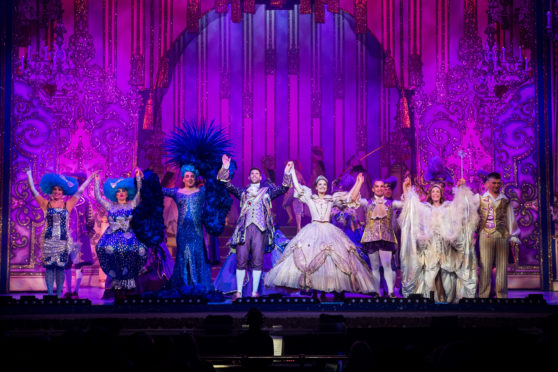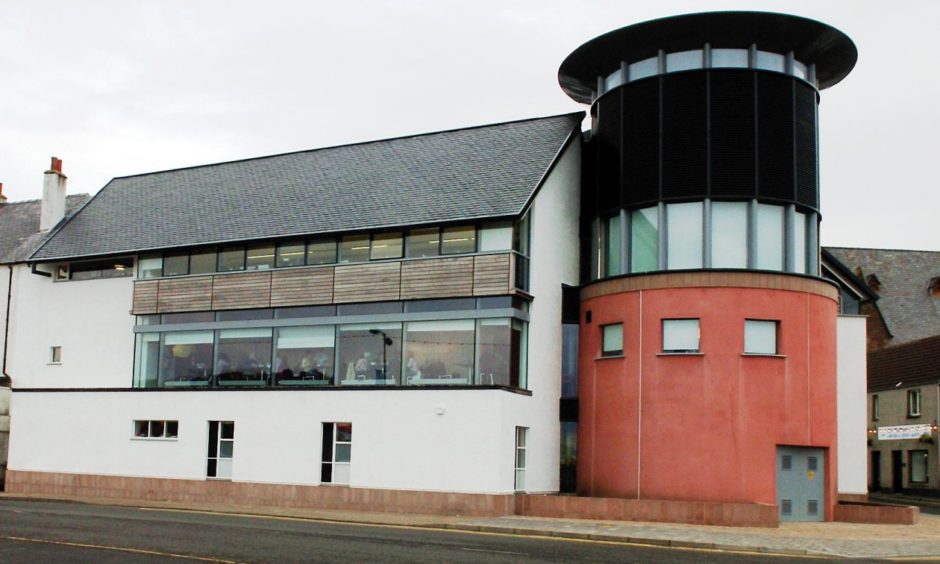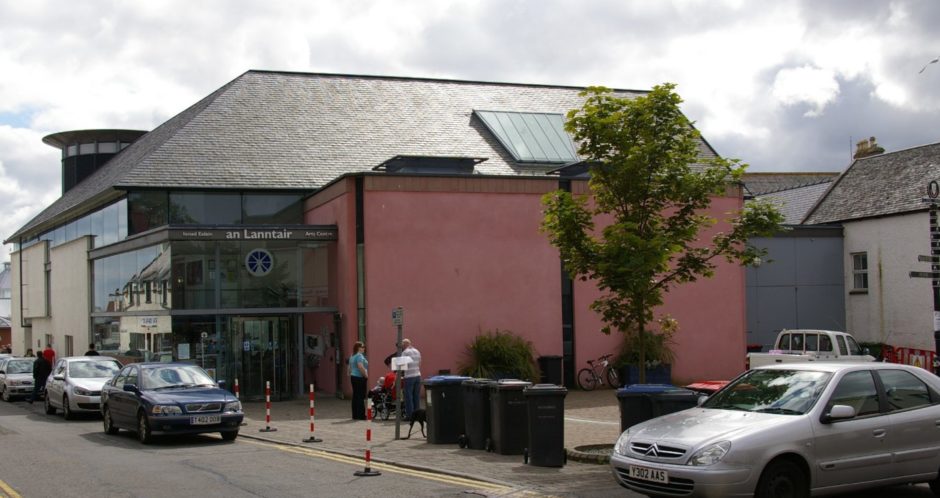Culture seekers are divided on whether to return to arts venues and events before the pandemic disappears, a new survey has found.
While more than half the population say they miss attending events, some are reluctant to go back and a growing number say they will wait for a vaccine.
And despite 98% of the population enjoying cultural activity from home during the pandemic, only 17% are willing to pay for artistic content that has moved online due to Covid.
The independent research published by Creative Scotland into public attitudes to cultural participation and attendance during the pandemic does, however, offer hope audience levels could return to pre-Covid levels, or even increase, once a vaccine is widely available.
More than half of those who took part – 52% – expect to attend the arts at the same levels as before the pandemic and 23% said they would attend more often.
Iain Munro, Creative Scotland chief executive, said: “The impact on Scotland’s art and culture sector by the Covid-19 pandemic has been severe.
“This important and ongoing research helps us understand that impact from a public perspective and is helping inform our ongoing discussions with partners, including the Scottish Government, regarding current and future support.
“The research also provides invaluable insight that will help shape our collaborative work with the sector in terms of recovery and renewal as we emerge from the impacts of the pandemic through 2021.”
The most popular at-home cultural activities were listening to music (78%) and streaming films (66%).
The research, based on 1,101 online surveys, reveals 56% of the population agree they have ‘really missed the opportunity to go to cultural events and venues’.
Since previous research was undertaken in July 2020, the percentage stating they ‘strongly agree’ has increased from 19% to 25%.
But interest in attending cultural activities remains lower than for many other types of leisure pursuits.
Going to a live music event, art gallery, theatre or cinema all rate around five out of 10, compared to six out of 10 for visiting a historic place, 6.5 for non-essential shopping, 6.6 for going to a bar or restaurant and 7.3 for visiting a park or scenic area.
Asked about the arts activities they are most looking forward to attending again, 48% said the cinema, followed by live music events (37%), the theatre (34%) and art galleries and exhibitions (23%).
More than half (53%) felt very or fairly comfortable attending outdoor events, with 40% interested in drive-in cinema, 35% in open air concerts or gigs, 30% in drive-in theatre or music events, and 28% in open-air theatre and plays.
Fewer were comfortable attending community venues (38%), medium to large indoor venues (35%), arena sized venues (34%) or smaller indoor venues (28%).
The survey found older age groups are generally more cautious about returning to venues and events.
In all, 35% of people said they wold be happy to pay more for tickets or to make a donation if it allowed cultural organisations to stay open.
Just months into the pandemic, Aberdeen entertainment bosses said they were battling insolvency after paying out millions in refunds and cancelling hundreds of shows.
Aberdeen Performing Arts, which runs His Majesty’s Theatre, the Lemon Tree and Aberdeen Music Hall, processed £3 million worth of refunds and rescheduled hundreds of shows.
Elly Fletcher, chief executive of the An Lanntair arts centre in Stornoway, said the survey showed venues and arts organisations will need to continue to innovate to engage and connect with audiences while restarting venue-based programmes when it is safe.
“It also means we need to keep talking to our audiences and responding through our programming,” she said.
“It is possible that online provision over recent months may have begun to engage new audiences with cultural events.
“It will be important to understand this and capture any opportunities it presents.”
It has forced us to think differently
An Lanntair arts centre in Stornoway has moved a number of performances and shows online over the last few months.
They include the venue’s Hogmanay gig, Willie Campbell and Friends, which was pre-recorded and put live at 11.30pm on December 31 to allow people to bring in the bells at home with their friends and family but still ‘attend’ a much-loved annual event.
The centre’s Between Islands programme, meanwhile was originally intended to mount physical exhibitions with partners in Shetland, Orkney and the Outer Hebrides.
It had been working with a range of arts and heritage organisations from throughout the Western and Northern Isles in the creation of a collaborative series of events.
Musical performances were planned for both Shetland Folk Festival and Hebridean Celtic Festival in Lewis, with workshops, lectures and museum exhibition launches planned throughout the summer and on each island group.
Amidst the pandemic, however, the project was saved by recreating the work in different formats – with the creation of online virtual exhibitions and the replacement of live music events with entirely new commissions key to its success.
There is now a website and a dedicated Between Islands YouTube channel which contains information on the project activities during 2020.
As it is also looking increasingly likely the islands will continue in Level 3 for the time being, the centre has recently decided to move a number of its Hebridean Dark Skies Festival events, talks and workshops online.
Elly Fletcher continued: “Understandably, people do miss the vibe and intensity of a live event.
“Nothing is going to replace that like-for-like.
“However, organisations like ours have been working hard to upskill and get the kit and knowhow we need to deliver really high quality and engaging events online and to support audiences to continue to access and enjoy and be inspired by some of the very best cultural experiences.
“It also means people from across the country, and even further afield, can access this work and content, meaning audience reach for this project has been well beyond what we had imagined at the outset.”
She added: “Although we are sad to not have the chance to stage some of these events at this time, it does open up this content to a much wider audiences.
“It has also forced us to think differently about how we programme and to innovate.”


